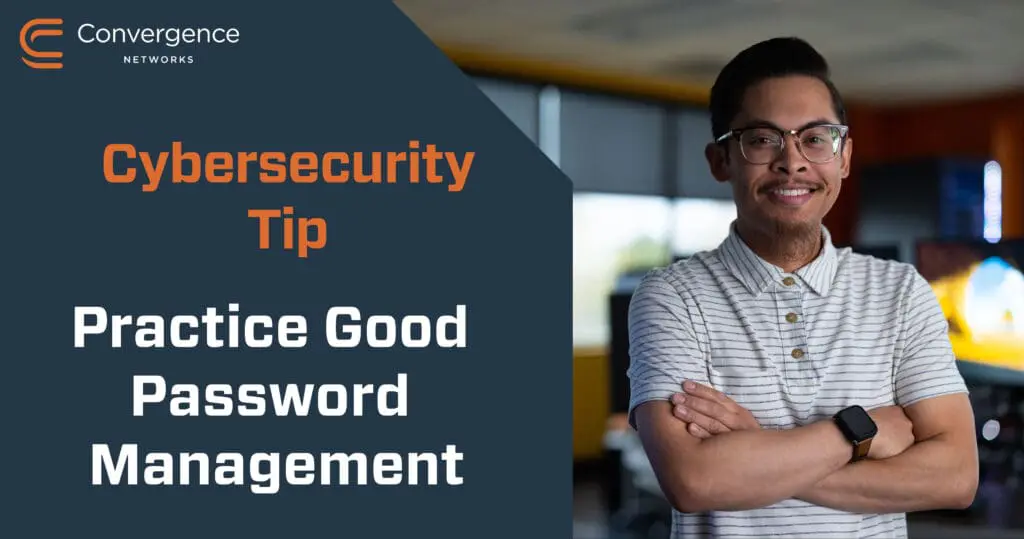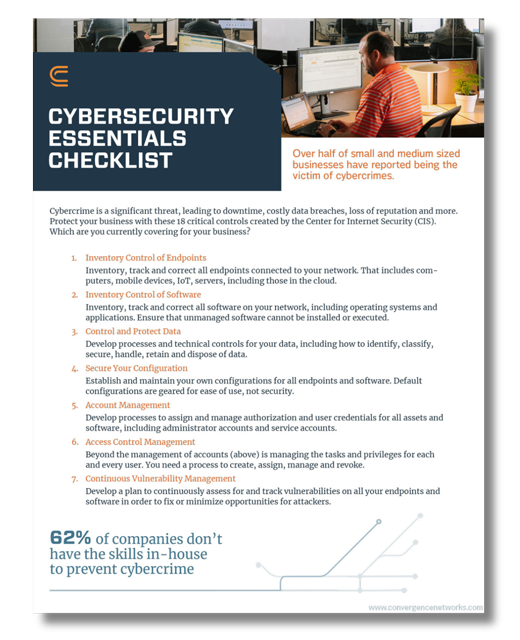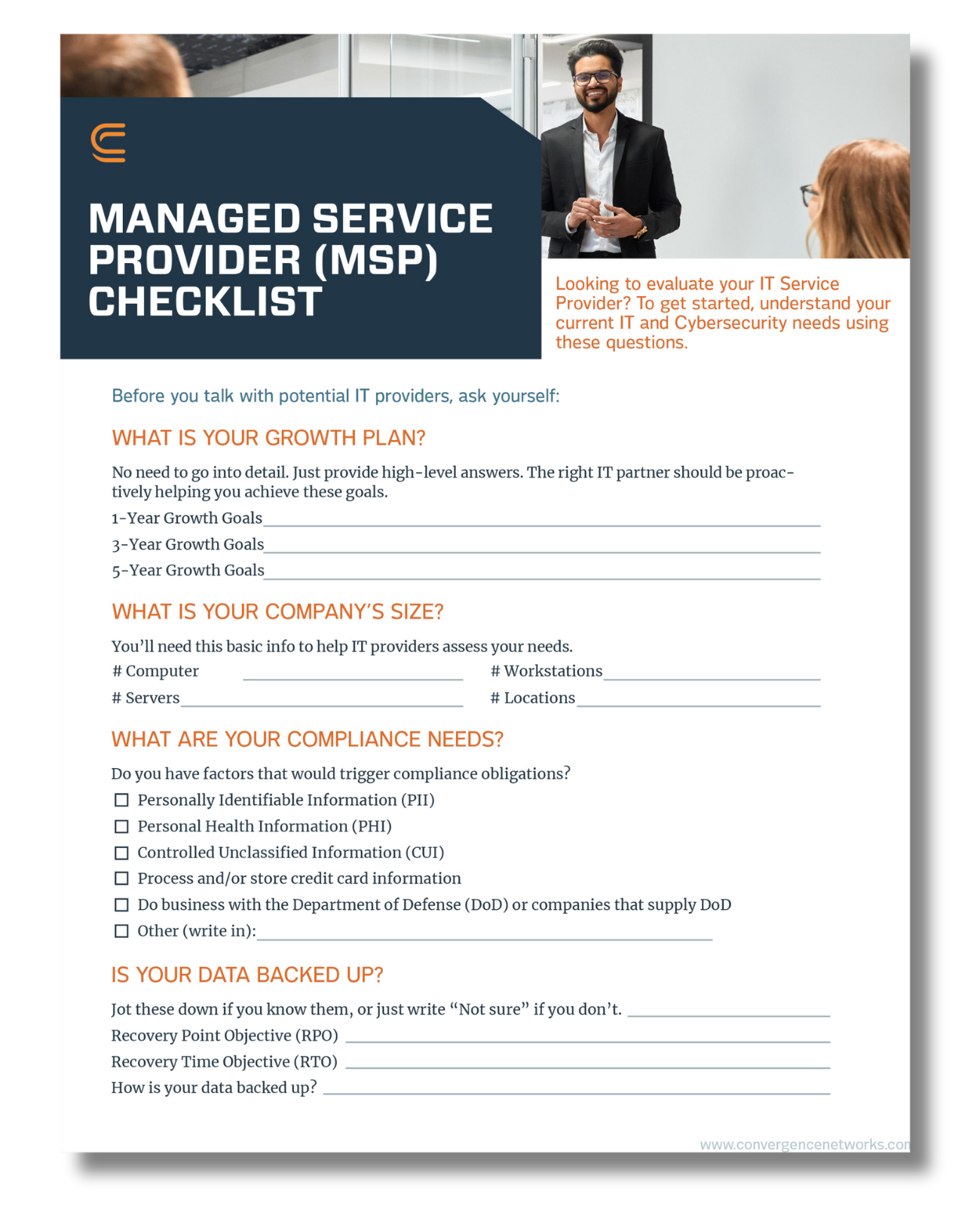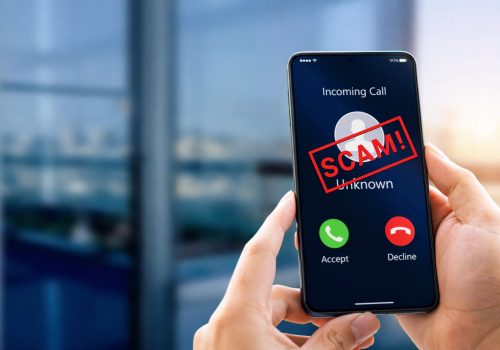tactics share similar traits, whether they come in the form of emails, voice messages or calls, or even showing up to your house. Scam protection for yourself and your business includes being able to spot the red flags.
It used to be that you could look for an email’s tone, spelling mistakes or designs to spot a scam, but cyber crime is far more sophisticated now. Messages may address you by name or have specific information that seems legitimate. That’s because a previous breach, phishing attempt or review of your social media accounts provided enough information about you to seem legitimate. Scam emails can be personal, friendly, grammatically correct and even look nearly identical to emails from entities you hear from often.
Here are four red flags of a modern cyber scam:
Red Flag #1: Pressure to Act Immediately
Communication prompting you to to act urgently is the number one red flag of a scam. Scammers try to make you nervous, thinking you have to act quickly before you have time to fully examine the message or think about what you are being asked to do. Any reputable business will give you time to investigate and consider your actions. Scammers try to instill fear to persuade you into falling for their trap. Here are a few examples:
- Threatening you with law enforcement or a lawsuit
- Instructing you to not trust your bank and to answer questions from them incorrectly
- Pressuring you to send money for some cause
- Showing a large purchase has been made to your card and prompting you to click a link if you didn’t make the purchase
- Announcing you won money or a prize that you need to claim immediately
- Claiming to be a government agency, asking for payment, or confirming your information
Red Flag #2: Being Asked to Provide Authorization Codes
Authorization codes are a way to give proof as to who you are in order to access accounts. You never want to share your authorization codes, no matter what the reason or who is asking you unless you have contacted the company and can trust it is them. If a scammer gets access to these codes, they will have full access to your accounts.
Reputable companies will never use text or email to ask you to provide personal information such as your account number, PIN number or Social Security number. The best way to protect yourself is to know the risk. You should never click on links or attachments without being completely confident that they will bring you where you want to go. When in doubt, contact the company directly from information on their website or your transaction documents.
Red Flag #3: Being Asked for Gift Card Information
You should never share information from a gift card, like the unique number identification, with someone you do not know. Scammers may request that you send funds through gift cards by providing them with the identification number and/or the PIN code that is found on the back of the card. They might tell you that they have an emergency and they need money immediately, that they need it to pay an urgent debt, or even that they want to use the funds to visit you.
When combined with email spoofing or data from a past breach, these requests can seem to come from people you know. We’ve seen them come in the form of a seemingly legit email from a CEO to a staff member. But there is no legitimate reason for anyone to need you to buy gift cards and provide them with the numbers and PINs.
Red Flag #4: Being Asked to Cash a Check and Return the Money
As you raise your awareness of cyber crime, don’t forget you can encounter scammers in person too. One common tactic is to ask you to provide cash for a check. They may claim they left their wallet at home and ask you to cash a check for them. Or pay more for an item they buy from you and ask for the overpayment as cash.
You should never deposit a check for somebody you do not know. The check they give you will be bad and when it doesn’t clear, it will be held against your account.
Looking for Scam Protection?
If you have any questions about possible cyber scams, or how to improve cyber security and scam protection for your business, contact us. We will be happy to assist you with any of your IT needs.














